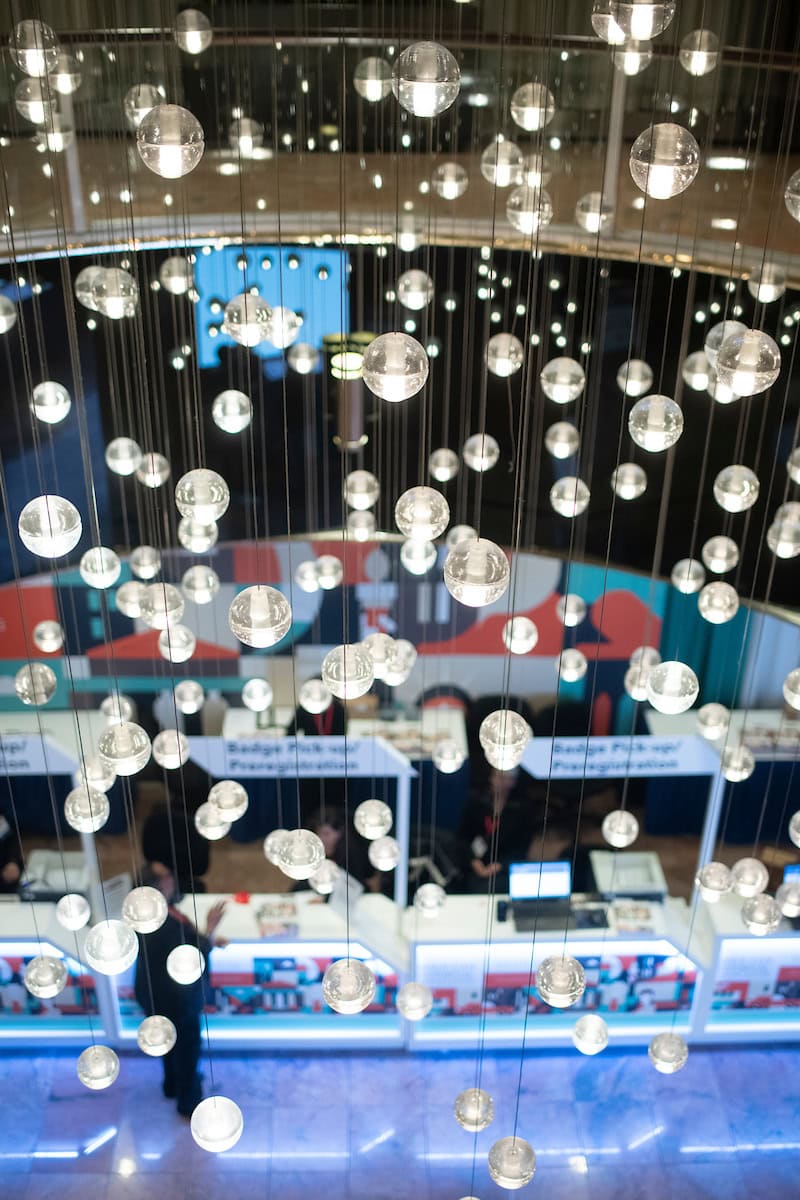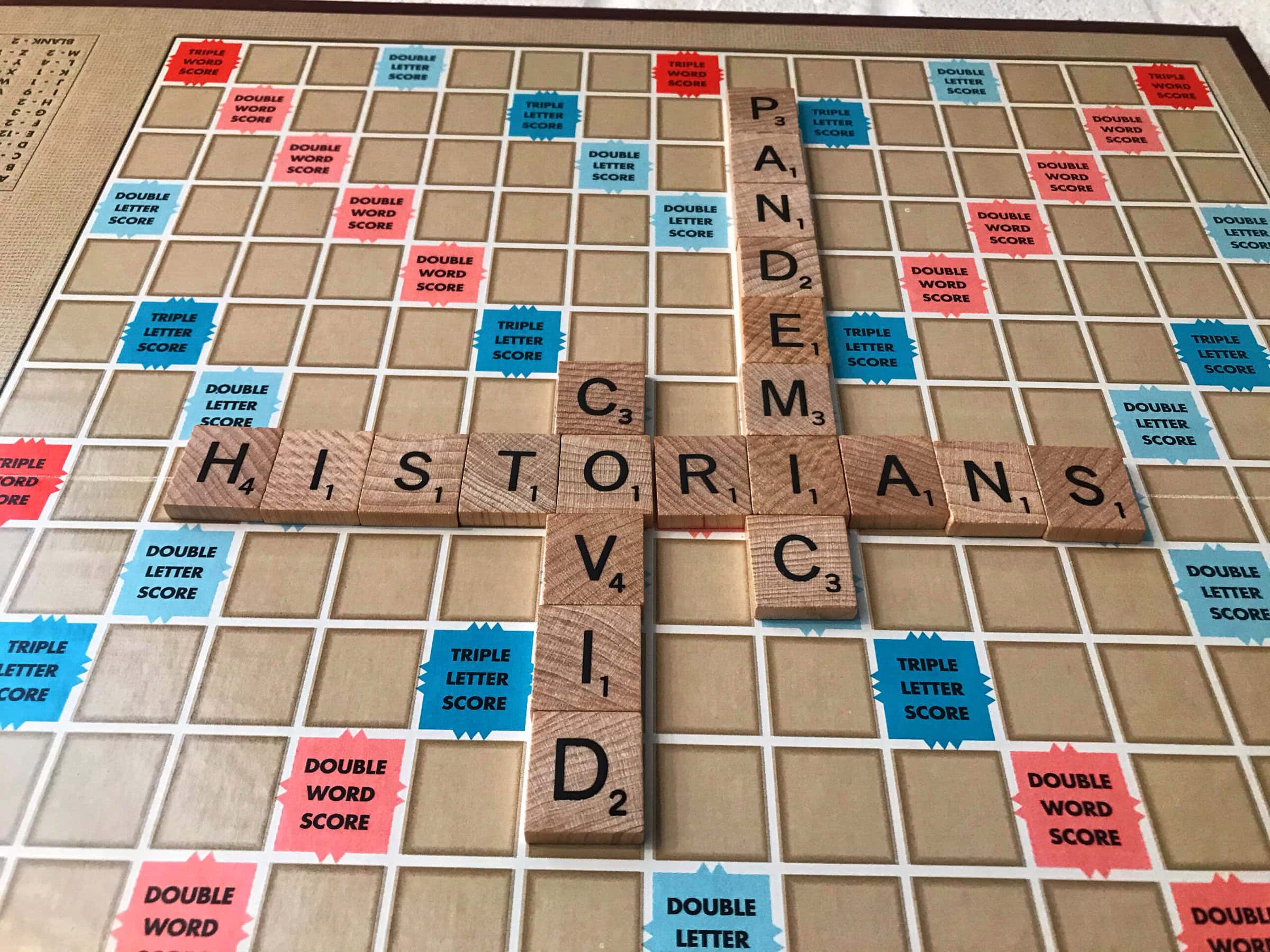Perspectives readers have already read my pitch for a set of live-tweeting guidelines, and I recently put forth the proposal to AHA Today readers. I asked our readers to help develop a working draft of guidelines that would help guide historians as they send out tweets about conference sessions, as those sessions are going on. Readers answered this call with a broad range of comments and advice, many of which intersect with our own Statement on Standards of Professional Conduct, including issues of privacy, attribution, and civility. These connections demonstrate why live-tweeting is not merely an issue proscribed to social media matters, but a multi-layered one that touches upon a variety of professional ethics.
Privacy
Like in many discussions related to social media, our followers covered the boundaries of a scholar’s privacy at length. In many cases, a scholar being quoted on Twitter does not have a Twitter handle, and is not aware of the conversation resulting from their work. Joshua Britton (@HistoryGrad) recommended to users, “Don’t tweet if the person is not on twitter and doesn’t have an opportunity to see your comments.” But for at least a few twitterstorians, the lack of a Twitter account does not automatically preclude a scholar from being discussed online. Kaitlin Wainwright (@hellokaitlin) disagreed with @HistoryGrad and tweeted, “Disagree. Opportunity for work to be shared and for presenter to see tweets after the fact without having an acct.” Joseph Adelman agreed with Wainwright, pointing out, “Not sure about that. If presenter is aware of Twitter feed and tweets are public, can still see them. And non-Twitter use can be for variety of reasons: anti, non-tech savvy, indifferent. So shouldn’t assume anti.” A few twitterstorians (including me) agreed that if the scholar does have a Twitter account, is important to reference it as the user quotes the scholar. This allows the scholar to be a part of the conversation, even after the presentation is over.
These recommendations blended into an even larger question about consent: should twitterstorians gather consent from a scholar before tweeting? The AHA’s annual meeting media policy requires anyone who wishes to film or make an audio recording of a session to gather permission from panelists ahead of time. Some historians are asking if tweeters should do the same. This includes Claire Potter, who requested, in a comment on AHA Today, that users to “ask people on the panel whether they agree to be tweeted. We seek out permissions for audio and video recording: why not ask people whether they wish to be ‘broadcast’ via Twitter?” It is an intriguing question that elicits even deeper questions about the role of social media at a conference. If etiquette dictates a tweeter should ask permission before broadcasting a panel, should a blogger do the same? Furthermore, if we ask tweeters and bloggers to ask permission, should any historian who is taking notes during the session do the same? How do we remain consistent? Potter’s comment reveals how easily we can fall down the rabbit hole of ethical issues when discussing social media etiquette.
Dropping the Snark
The abundance of comments and recommendations related to basic concepts of professional conduct and civility was surprising. Many users asked me to include a reminder for tweeters to maintain a professional tone online, including @ProfessMoravec, who tweeted, “do tweet constructive criticism do resist the urge to show how clever you are.” Elaine Treharne echoed this concern, with a more specific request for users to avoid commenting “on the way a speaker looks or what her personality traits might be according to her hairstyle.”
Claire Potter offered some sage advice, writing, “ask yourself before Tweeting: is this something I would say in a department meeting? Then take it a step further: is this something I would put on the right-hand page of the New York Times under my own name?” Although the history twittersphere is relatively small and self-regulating, it certainly has its share of troubling flame wars and trolls, so it’s reassuring to see so many historians concerned about maintaining basic respect online.
Final Thoughts
Although many of our readers brought up fascinating points, there are still numerous questions left unanswered. What are the boundaries of privacy as more and more research presented at conferences can be found freely online, and what rights does a scholar retain in the process? I look forward to watching this conversation unfold over the coming months as we approach the 2014 annual meeting. You can view the conversation and totality in “Live-Tweeting Etiquette,” a “Storified” collection of tweets on this topic.



